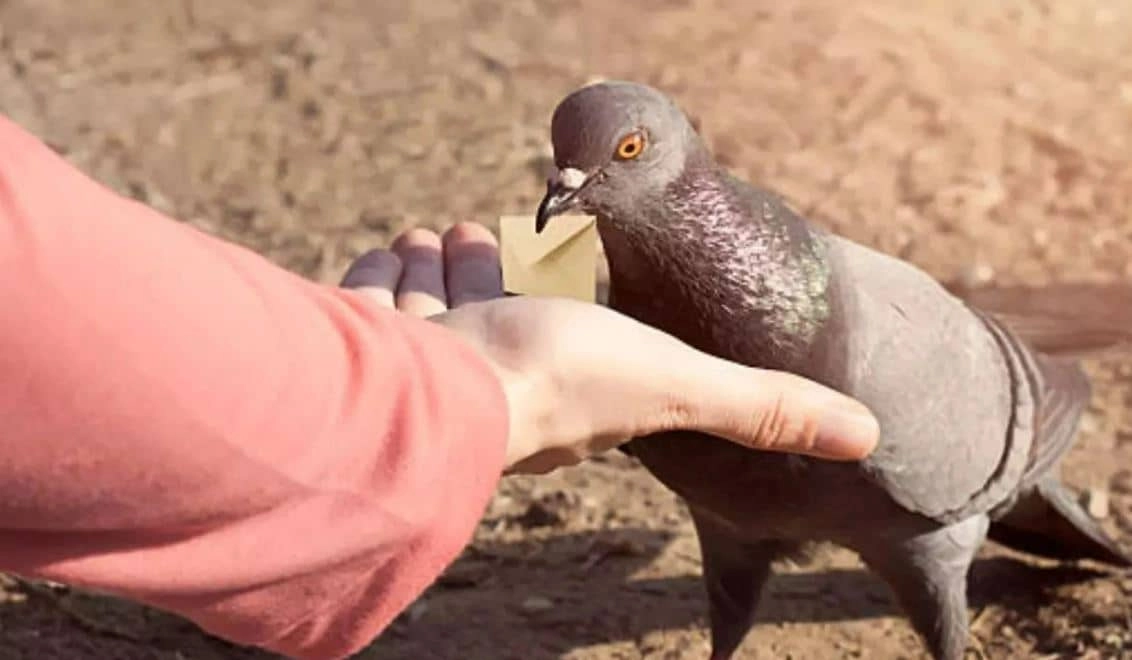In a significant development following a recent High Court order, the first case has been filed in Mumbai concerning the feeding of pigeons. This case emerges in the context of a growing debate over the impact of feeding these birds on urban environments and public health. The High Court had previously issued directives addressing concerns about the overpopulation of pigeons and the associated issues such as public hygiene and the damage caused by their droppings. While many residents view feeding pigeons as a benign act of compassion, authorities are increasingly emphasizing the need for regulations to manage the pigeon population effectively.
The legal action taken in Mumbai reflects the complexities surrounding this seemingly innocuous activity. Advocates for animal rights argue that feeding pigeons is a compassionate gesture that should be encouraged, promoting a sense of community and connection with nature. On the other hand, urban planners and health officials contend that the uncontrolled feeding of pigeons can lead to significant ecological imbalances and health hazards. The challenge lies in finding a balance between compassion for animals and the necessity of maintaining public health and safety in densely populated urban areas.
The High Court’s involvement indicates a growing recognition of these tensions, as it seeks to address the practical implications of pigeon feeding. As cities continue to grapple with the consequences of urban wildlife interactions, legal frameworks are evolving to respond to these challenges. This case in Mumbai may set a precedent for how similar issues are handled in other urban centers across the country. The outcome could influence public attitudes towards urban wildlife and shape future policies aimed at fostering a harmonious coexistence between humans and animals in bustling cityscapes.
As the proceedings unfold, it will be crucial to monitor how the judicial system balances the rights of individuals to engage in acts of kindness towards animals with the broader implications for urban living. The public response to this case could also play a significant role in shaping future discussions about wildlife management in cities, as communities weigh the benefits of feeding pigeons against the potential downsides. In this evolving narrative, the case serves as a reminder of the intricate relationships between urban life, wildlife, and the legal frameworks that govern them.




